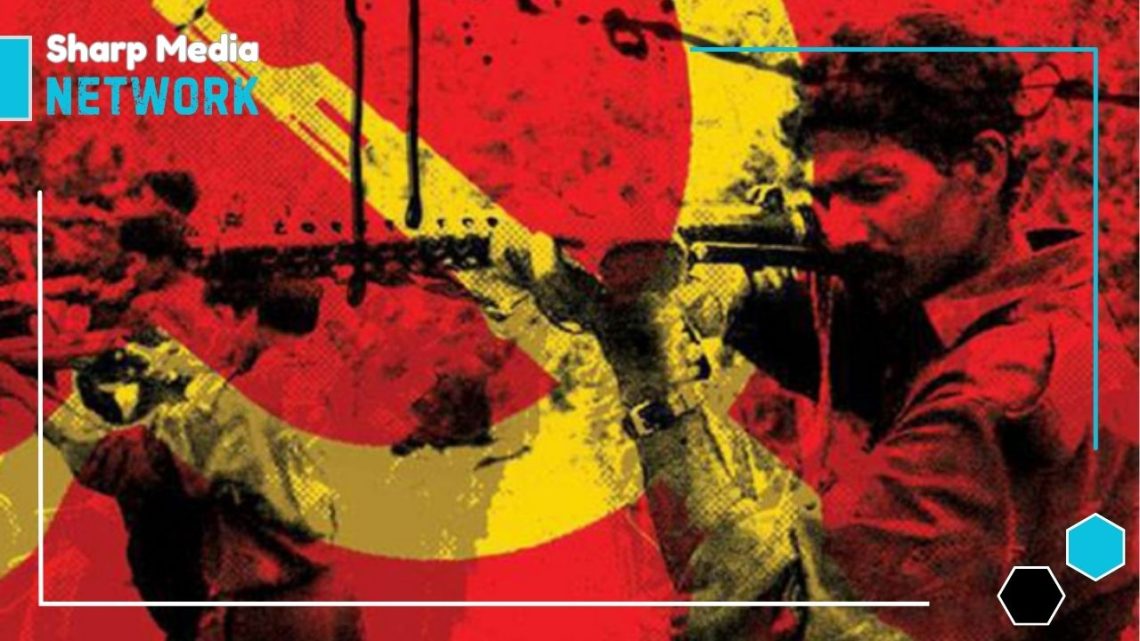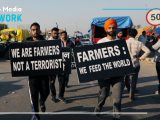
Human Rights Violations Soar as Naxalites Face Military Onslaught in India
December 23, 2024India’s ongoing Naxalite insurgency underscores deep-rooted governance failures and socio-economic disparities. The insurgency, driven by the neglect of tribal populations and their grievances, highlights the Indian government’s reliance on militarization over political dialogue. Recently, security forces killed 32 Naxalites within a week, reflecting an intensified use of force. Meanwhile, the establishment of three forward bases by the Central Reserve Police Force (CRPF) in core Naxalite areas signals a shift toward military dominance, raising concerns about escalating violence.
The Naxalite movement has thrived on systemic injustices faced by marginalized communities. Despite promises, the government has failed to address demands for land rights, agricultural reforms, employment, and healthcare. This has fueled resentment among the 60-70% of Naxalite-affected populations living below the poverty line. The insurgents, active in northeastern and tribal regions, continue to control significant territories, challenging state authority.
Human Rights and Minority Suppression
Critics accuse the Modi government of perpetuating human rights violations under the guise of counter-insurgency. Heavy military deployments, forced land acquisitions, and suppression of dissent have exacerbated tensions in Naxalite-affected areas. Additionally, the labeling of groups like CPI-ML and CPI-Maoist as terrorist organizations has curtailed political engagement, leaving little room for reconciliation.
The insurgency has claimed over 12,877–15,269 lives between 1996 and 2024, according to the U.S. Department of Justice. Rising religious polarization, communal violence, and separatist movements further spotlight the government’s inability to integrate diverse communities into a unified nationhood. The BJP’s ascent in 2019 intensified these tensions, with policies like the National Register of Citizens (NRC) and crackdowns on protests fueling discontent.
Call for Reconciliation and Development
Experts argue that excessive force against tribal and marginalized populations risks alienation and exacerbates conflict. International organizations and human rights advocates urge India to prioritize inclusive growth, social justice, and reconciliation over militarized strategies. Development-focused approaches that address the root causes of discontent could foster long-term peace. Mobilizing civil society to resist oppressive policies and champion basic rights remains critical in safeguarding India’s democratic fabric.

